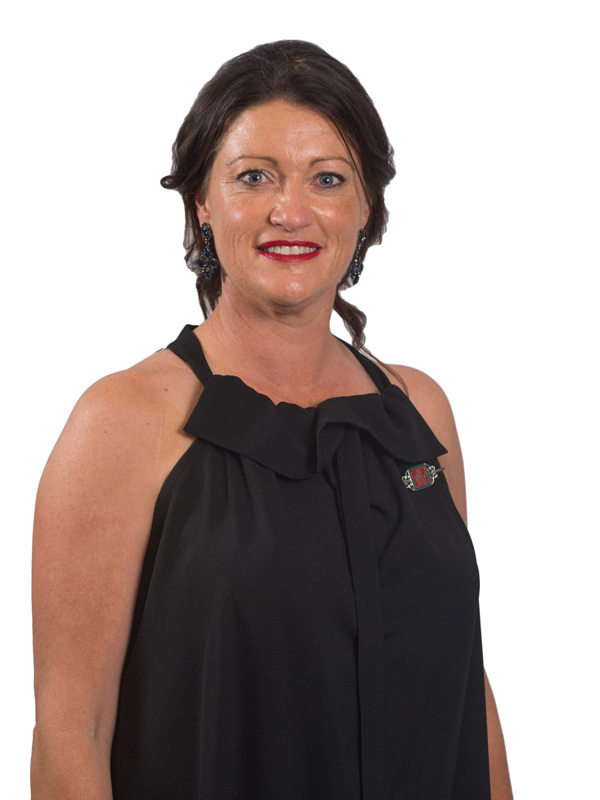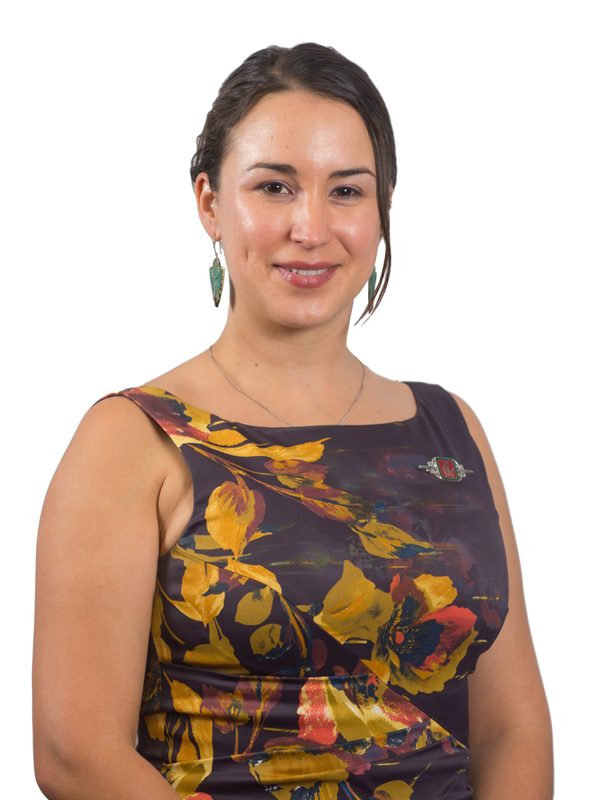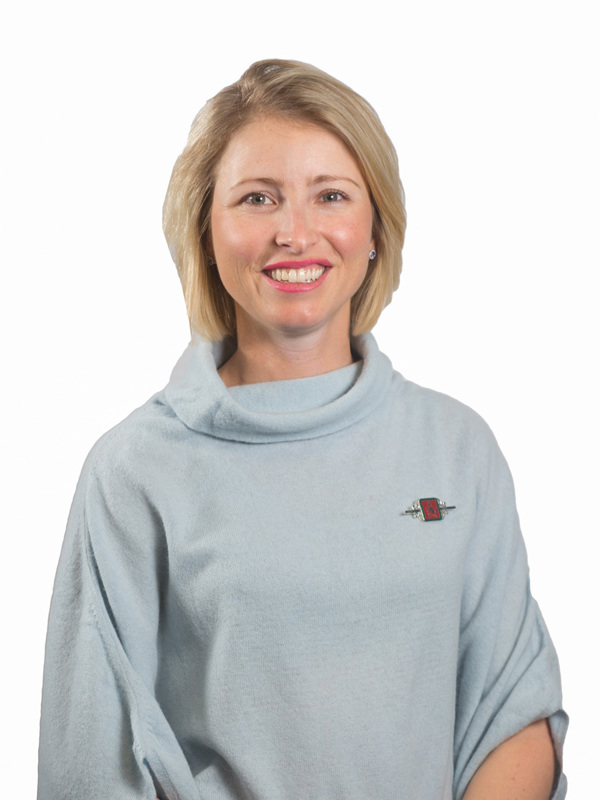
Michael Vorrasi

Nuffield Australia 2016 Scholar
Opportunity abounds for value-added vegetables
The fact that only 6% of Australians consume vegetables on a daily basis presents a wealth of opportunity for producers willing to embrace new techniques and technologies, according to a report by SA-based Scholar Michael Vorrasi. Mr Vorrasi’s family business, DSA Fresh, is now one of Australia’s largest hydroponic leafy vegetable producers, and his awareness of low rates of vegetable consumption motivated him to use his Nuffield scholarship to explore ways to overcome barriers to consumption and the role that value-added vegetables can play. With support from Hort Innovation, Mr Vorrasi travelled throughout North America, Asia, the United Kingdom and the Middle East as he investigated opportunities to boost consumption through the development and provision of innovative value-added vegetable products.
“The health benefits of vegetables have been known for hundreds of years, but consumption remains stagnant in Australia. People are increasingly time poor and if we are going to grow consumption rates we need to take an innovative approach to the vegetable offering we provide. The value-added approach is one that looks at the end user and focuses on their needs and demands,” Mr Vorrasi said.
With 67% of shoppers purchasing value-added produce, the strategy clearly has a broad appeal. However, Mr Vorrasi’s research demonstrates that the potential of value-added products goes further, allowing producers to satisfy niche consumer requirements.
“Cauliflower rice is a perfect example. It’s a niche product that is growing in popularity as consumers seek gluten-free, low calorie alternatives to traditional rice. In the United Kingdom, I talked to a company called Campden BRI, who have developed a cauliflower rice product with a shelf-life of up to one year, in conjunction with Cauli Rice Ltd. The success of the product has seen Cauli Rice Ltd look to further grow their offering through an improved taste profile, flavour mixes and recipes.”
Consumer desire for increasingly ethical and sustainably produced foods was also explored by Mr Vorrasi, as he looked at the ability of value-adding processes to reduce the amount of food waste generated by producers and retailers.
“The potential to create opportunities for re-purposing second grade products and minimise food waste is immensely exciting. In the USA and UK, up to 20% of vegetables were not meeting strict retailer quality criteria and were ending up as waste. Often, the nutritional value and taste of these products was identical to those accepted by stores, but an imperfect appearance led to rejection. Take shredded lettuce for example. Increasingly, we are seeing innovative producers shred the hearts of second grade lettuce and package it in a suitable way for fast-food outlets and other like-minded retailers who don’t require a supermarket grade product,” he said.
Mr Vorrasi’s research shows that for value-adding processes to be successful, they have to come from an understanding of the customer’s needs and desires. Value-adding for the sake of it, such as unnecessary packaging or alteration, will not align with consumer’s desires and will not succeed.
“Producers have to understand what the consumer wants and focus their energies on that, rather than just planting a product and hoping it will sell. It’s an exciting time in the vegetable industry, as we see a growing desire amongst the population to increase their vegetable consumption. The ability to harness the opportunity will come down to the vegetables we grow and the way we adapt and change in line with consumer preferences,” he said.





















